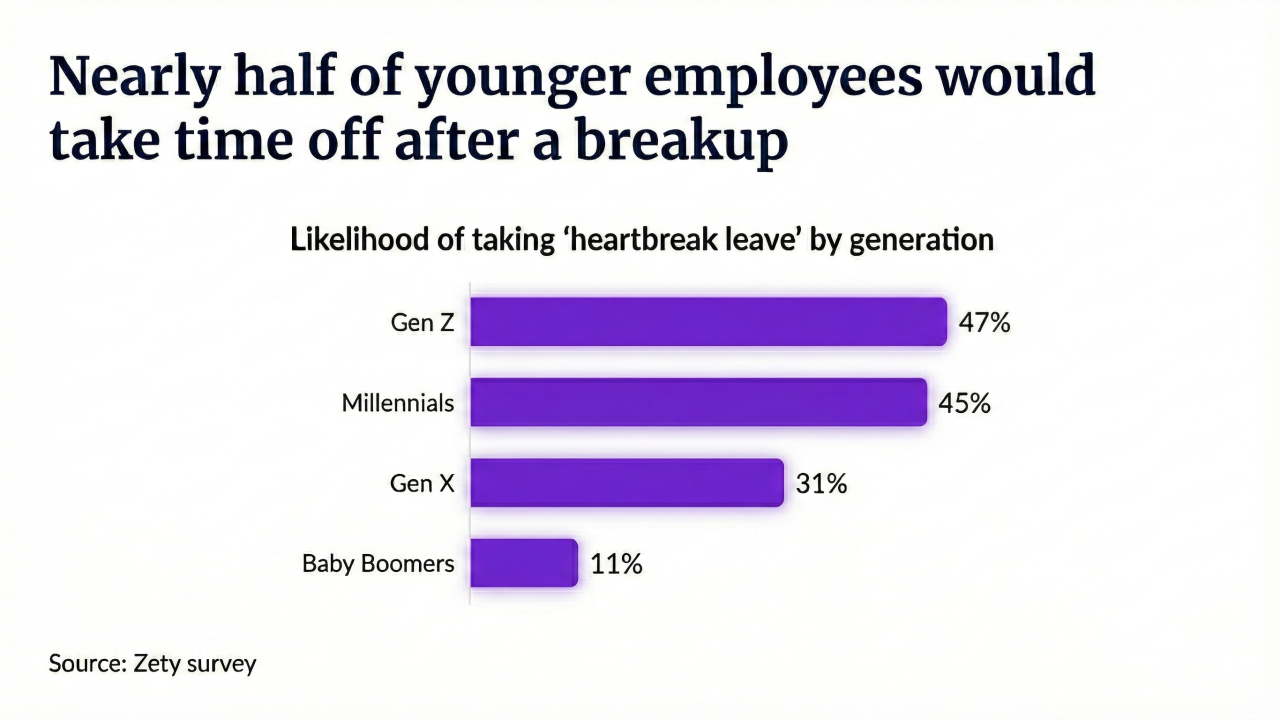- Key Insight: Discover how comprehensive relocation programs convert geographic hiring into measurable retention advantages.
- What's at Stake: Mismanaged moves create stress, hidden costs, and competitive talent-loss risks.
- Forward Look: Prepare for increased emphasis on family support and documented relocation policies.
- Source: Bullets generated by AI with editorial review
Employee relocation presents both opportunities and challenges for HR teams. For one,
The key lies in building a comprehensive support system that addresses both practical needs and emotional concerns. Here's how to support employees relocating for the job.
Establish clear financial guidelines
Your relocation package sets the foundation for employee satisfaction and budget control. Most companies cover moving expenses, temporary housing and travel costs, but the details matter.
Consider these essential financial supports:
- Moving services: professional movers to reduce stress and protect belongings
- Temporary lodging: 30-60 days of hotel or corporate housing
- House-hunting trips: airfare and accommodation for finding permanent housing
- Storage costs: for items that can't immediately move to the new location
Once you decide what costs you will cover, provide the employee with resources to help them hire reputable third parties. For instance, you can discuss the
Read more:
Address housing and location challenges
Finding suitable housing in an unfamiliar market creates anxiety for relocating employees. Your HR team can ease this burden through strategic partnerships and resources.
Connect employees with
Here is some practical housing support to consider:
- Provide area guides covering neighborhoods, schools, and amenities.
- Offer virtual home tours when in-person visits aren't possible.
- Connect employees with colleagues already living in the area.
- Share information about local housing markets and pricing.
Read more:
Create comprehensive policy documentation
Every successful relocation program requires a
Your documentation should specify the following:
- eligible expenses
- spending limits
- required approvals and documentation
- tax implications
- timeline expectations for reimbursements
Support family integration
Relocation affects entire families, not just individual employees. Spouses may need career assistance, children require school enrollment, and everyone needs social connections.
Consider these family-focused services:
- Spouse career support: Job search assistance or networking introductions
- School selection help: Information about local districts and private options
- Community resources: Lists of activities, clubs, and social organizations
Provide ongoing check-ins
Your support shouldn't end once the moving truck leaves. Regular check-ins during the first six months help identify problems early and demonstrate your commitment to employee success.
Schedule formal conversations at 30, 60, and 90 days post-move. Ask specific questions about housing satisfaction, work integration, and family adjustment. This feedback helps you refine your process and shows employees they're
Building long-term success
Your department can support employees relocating for the job with detailed planning, clear communication, and a genuine care for employee well-being. When you invest in comprehensive relocation assistance, you're investing in employee loyalty and organizational reputation. Make sure those stories reflect positively on your company's commitment to supporting its people through major life transitions.






